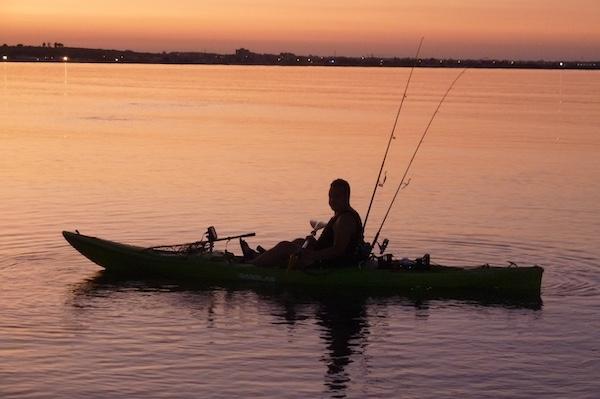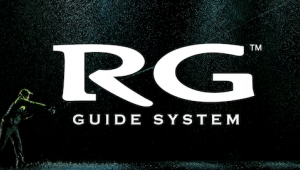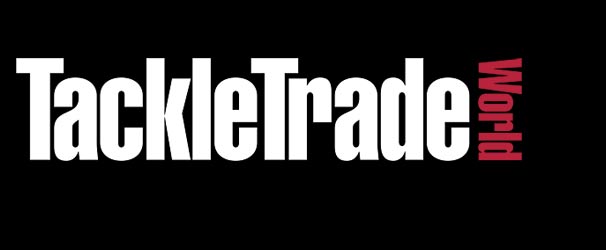Personal watercraft buck boat sales decline trend

Boat dealers and users look set to change tack from larger powered vessels to smaller personal watercraft as the industry sees a shift in buying patterns.
As the number of powered boat sales in the USA continues to decline from its strong showing during the Covid-19 pandemic, attention has turned to innovation and to smaller craft.
The National Marine Manufacturers Association says new powerboat retail sales will likely be down slightly in 2023, by approximately one to three per cent, to an estimated 258,000 units.
It also predicts that this year new recreational boat sales will be on a par with 2023 as the industry continues to navigate interest rates not to mention shifts in consumer confidence.
As a result, manufacturers are said to be focused on continuing to deliver innovative new products and showcase emerging technologies at boat shows across the country, ranging from hydrogen-fuelled marine engines to boats powered fully by sustainable marine fuels.
While most categories saw declines in 2023 – in some cases by up to a quarter – the personal watercraft segment has bucked the trend, with data suggesting sales in this segment are up by between a fifth and quarter (20 to 235 per cent)
These small craft, designed for use by one to three people and popular with anglers as they are well-priced and easy to transport to favoured fishing spots, are expected to make up between 85,000 to 90,000 of the 258,000 estimated new units sold at retail in 2023.
NMMA president Frank Hugelmeyer explained: “With jumps in interest rates and inflation in 2023, we saw more boating consumers being price sensitive and deciding to wait things out before buying their next boat and in the meantime, picking up a personal watercraft to enrich their time spent on the water.
“The nearly one million people who purchased a boat for the first time during the height of the pandemic continued to spend record time on the water in 2023, helping drive an economic impact of $230 billion.
“As we enter 2024, we expect Americans’ desire to be near water to continue as more people seek ways to prioritise health and wellness and enhance their quality of life, which has the industry focused on continued innovation and ensuring greater access to our public waters.”
Recreational boating remains a significant driver to the US economy due to the estimated 85 million Americans who hit the water each year, bringing their friends and family and spending on everything from food and marine accessories to marinas, storage, and insurance.
It drives an economic impact of $230 billion, up 36 per cent from 2018, while supporting 36,000 US businesses and 812,000 American jobs, according to NMMA’s 2023 Economic Impact Study on Recreational Boating.
Winter is a traditionally strong selling season for the recreational boating industry with dozens of boat shows taking place around the country in January and February in major markets like New York, Miami and Chicago. They are a major driver of retail sales for the year ahead, with manufacturers and dealers debuting new product innovations and technologies.
The recreational boating industry has a long track record of product innovation and self-regulation to support its boating consumers who spend their leisure time on US waterways.
Recent global research found that, due to the unique on-water environment for recreational boating and the varied interests of boaters and the experiences they seek, there is no “one-size-fits all” approach to continue decarbonising recreational boating, with a variety of technological solutions considered.
This is specifically driving propulsion technology innovation with boats running on sustainable marine fuels, hydrogen, electric and hybrid propulsion systems.
Frank added: “Boating provides transformational experiences that offer relaxation, fun and freedom in our busy lives, which is why we’re committed to innovating and enhancing the boating experience for the generations to come.
“Supporting new innovations in a marine environment means adopting a technology neutral decarbonisation approach, as well as accelerating the distribution of sustainable marine fuels, establishing marine electric technology standards, and expanding R&D investments in electric battery density and hydrogen propulsion systems.”
- Log in or register to post comments

















